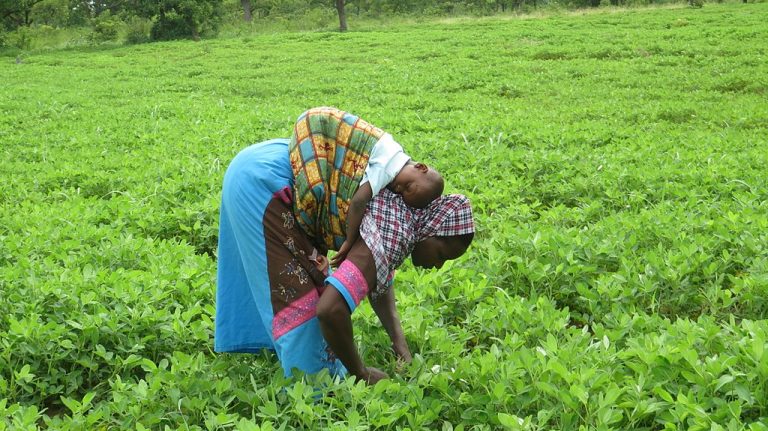Jakarta – Although their contribution to the climate crisis is relatively small, women are the group that suffers the most from environmental damage. Women’s activists discussed this reality at the Ruang Setara dan Lestari (Equal and Sustainable Space) forum, held on 13-14 June 2025.
This inequality not only occurs in the experience of impact, but also in participation in decision-making and drafting climate policies. “So far, women have been most severely affected by the climate crisis, but are not given enough space to determine solutions,” said Sri Handayani Nasution, Humanist Communication Officer, who is familiarly called Bolby in a written statement.
“Equitable climate action must be gender sensitive. All rights holders, including women, must be actively involved.”
The event was initiated by the Humanist and Social Innovation Foundation (Humanis) as a shared space to strengthen gender-inclusive narratives of climate justice.
Policies lacking gender perspective
One of the main criticisms at the forum was the insensitivity of climate policies to women’s experiences and needs. In many cases, women are not involved in formal decision-making forums. This has a direct impact on the quality of adaptation and mitigation policies that do not address the real problems they face.
For example, when natural disasters strike, women are often only given a secondary role. In emergency decision-making, their voices are not heard. Yet, as household managers and key actors in food and water matters, women have important perspectives on how to respond to the climate crisis at the local level.
In the Puan Bercerita (Women telling stories) session, real stories from women activists in affected areas brought the reality of inequality to life.
Asmania, a woman from Pari Island, revealed how women’s struggles are often suppressed even within their own communities. “As a struggling woman, the challenges are not only from outside. Often, women’s voices are underestimated. During meetings, they are only told to brew coffee,” she said.
But she didn’t give up. Asmania now leads a women’s group that plants mangroves and cleans beaches to protect the area from abrasion and revitalise the tourism economy.
A similar story comes from Iren Fatagur, a Keerom indigenous woman and member of FAMM Indonesia. She recounted the discrimination she experienced when speaking out in public spaces.
“When voicing my opinion, I once heard, women should not speak, men have already made the decision,” said Iren.
Meanwhile, Farwiza Farhan from HAkA Foundation emphasised that women “must be stubborn women who believe that change is ours.”
The Ruang Setara and Lestari event brought together more than 20 communities and organisations working on gender and environmental issues. In addition to discussions, the forum featured an art exhibition titled “Caring for the Earth’s Unrest,” a film screening of “Mendadak Sinema,” a performance by the Setara Stage, and various interactive activities that invited public participation, such as the Tara Tari Tour.
According to Bolby, the presence of this event is not just symbolic. According to her, this is a movement, an alternative space to break the single narrative in climate policy that often ignores the voices of women and marginalised groups. (Hartatik)
Banner photo: Patrick Sakyi/Wikimedia Commons















